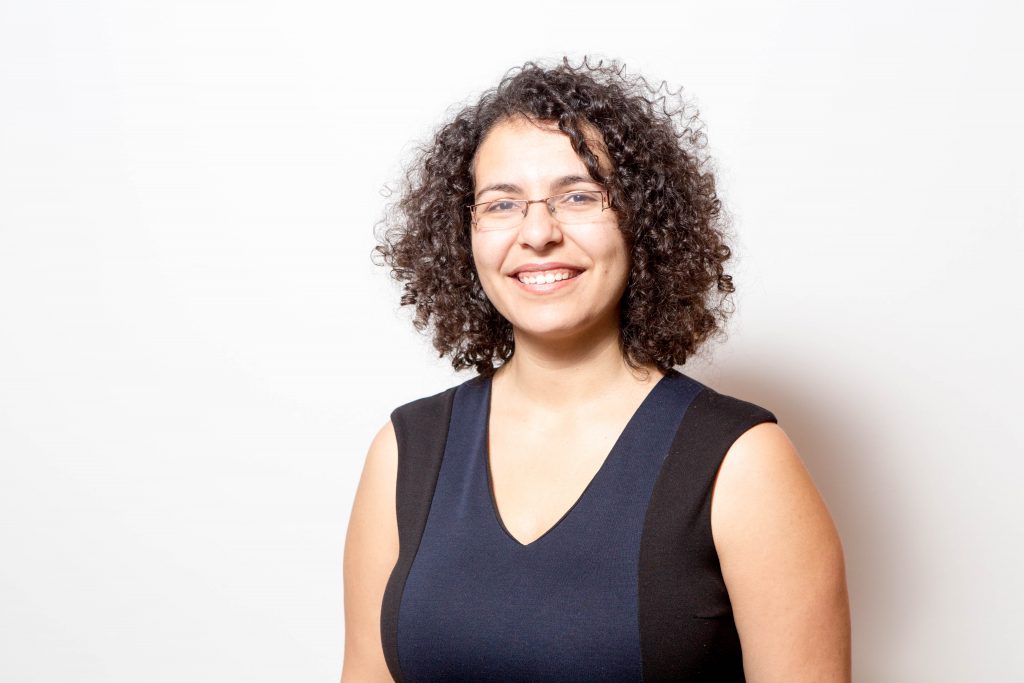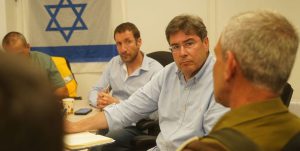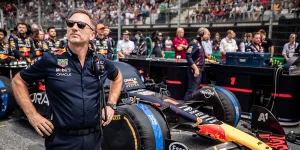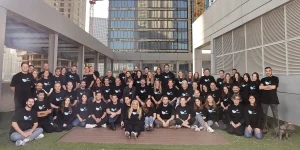In Israel, A Bedouin child in the Negev desert is ten times more likely to die in his first year of life from a genetic disease than a Jewish child. This shocking fact is what’s behind Genesis – an entrepreneurial startup founded by three young women, aspiring to decrease the prevalence of genetic diseases in the Bedouin population by using preliminary medical tests.
The theory behind the startup is based on a similar model already existing in the ultra-orthodox sector, where it’s carried out by Dor Yeshorim, an organization that offers genetic screening to students in yeshivas and ulpana schools and then matches results between prospective partners in order to find potential genetic diseases before engagements are announced.
“When I studied in Jerusalem I got to know the way ultra-orthodox deal with the problem of genetic diseases and I thought – why wouldn’t we learn from them and do what they did in a way that will match the Bedouin community?” says Yasmeen Abu Fraiha, executive director and founder of Genesis. “They managed to decrease many genetic diseases in the ultra-orthodox community, among them Tay-Sachs, that used to be far more prevalent in Israel. As there are similar characteristics between the two communities I thought on doing something similar. The Bedouin community is also very conservative with a high rate of marriage between relatives or in a closed group, and it’s also a very hierarchical and patriarchal – there is a man out there they obey, either the head of the family or a religious leader, and there is a high percentage of arranged marriages.”
At the age of 27 Abu Fraiha is leading the company. The different worlds joined in the company is a reflection of her own life. She was born in the Bedouin settlement Tel Sheva but grew up in the Jewish town of Omer. When she graduated high school she volunteered to work for a year as a counselor in Neve Hanna boarding school in Kiryat Gat in the south Israel (“that was one of the most significant years of my life”) and then volunteered in the Israeli Flying Aid organization.
So far she has won a number of awards, among them the Ramon Award for Quality, Leadership and Excellence, and the European Cystic Fibrosis Society award for outstanding young investigators. “I have some unexplained draw to genetic diseases in kids. I think genetics is generally a fascinating field, it’s the future and it’s unambiguously entwined with the path that DNA cracking technologies are taking. I also think that exploring cystic fibrosis exposed me to the life of children with genetic diseases and their families, and it helped me understand how much work they have to invest in the challenges of day to day life. If we can prevent this then there’s really no reason for not doing it. Especially since it’s only a simple test.”
Three Young Women Changing the World
The idea behind Genesis, an NGO, came up when Abu Fraiha was still an intern in Soroka Medical Center in Be’er Sheva. In August 2016, after finishing her internship, she flew to Boston to participate in OGS (Our Generation Speaks), a fellowship program for entrepreneurs in Brandeis University, where she met Naomi Abraham and Maria Dyshel, who became her partners. “I finished the internship and I had to choose a residency. I was a bit lost and the opportunity to go to Boston for three months arrived with perfect timing. I thought to just go and disconnect a bit but in retrospect the trip was a major influence, it changed my entire course,” says Abu Fraiha.
“The fellowship gave us all the means we needed, academically and also in terms of mentoring,” says Abraham, now CFO in Genesis. “I wasn’t a stranger to entrepreneurship but I felt I needed means and partners to go with.”
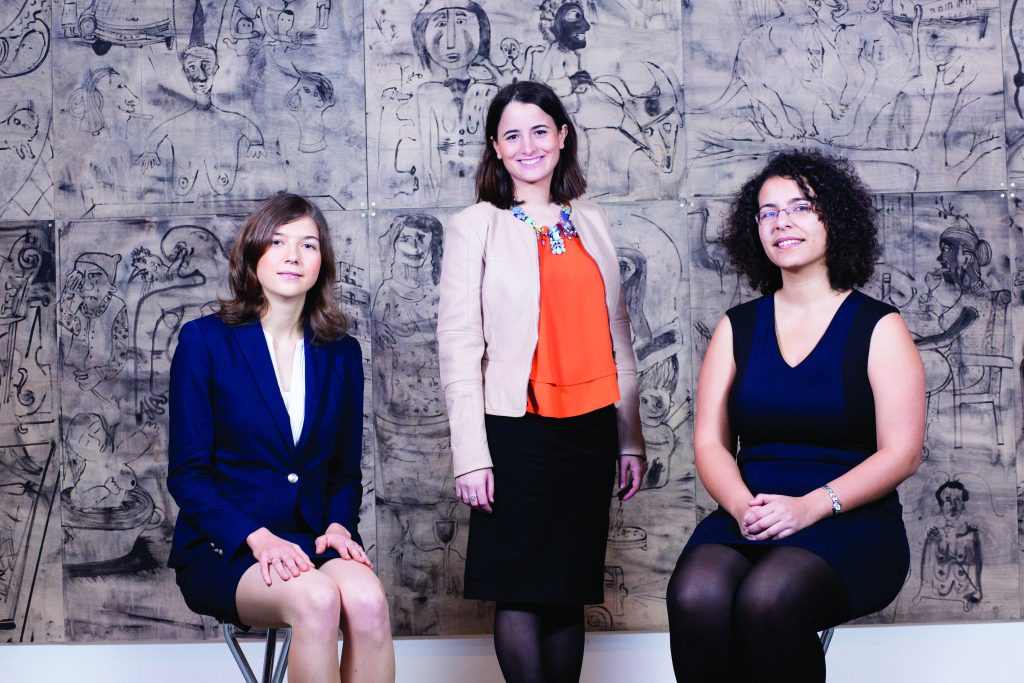
Abraham studied accounting in Lev Academic Center in Jerusalem and law and East Asia studies in Bar Ilan University. After graduation she flew to New York for a 3-months internship in the budget and finance division in the UN. When she came back to Israel, she was an intern in Deloitte, in the hi-tech branch, where she also won the company’s innovation competition for 2016.
“I felt I was acquiring professional tools and I wanted to develop that, because my surrounding wasn’t so social aid oriented,” says Abraham, which is nowadays doing her internship as a lawyer, while working for Genesis.
“I care about values like leadership and caring for the weak. I grew up with these values, being a part of a rabbinical family,” says Abraham when describing her connection to the project. “I didn’t have a connection to the Bedouin population before and I really understood how important this is and that we have the power to change it. It’s something I wasn’t aware of beforehand. I’m from Jerusalem and I could count on one hand the times I’ve been to Be’er Sheva before this year,” she admits.
“One of our first steps was to build a network of supporters, both from Israel and abroad, that will help professionally and financially,” says Abraham. They managed to raise the money in the US and they found professional support in Israel. “We’re working with genetic institutes, hospitals, Bedouin doctors, Ben Gurion university and others”, says Abu Fraiha. “This way it’s easier to get to the community and help it”.
Sailing Around the World
Genesis is cooperating professionally with the Israeli Ministry Of Health. Abu Fraiha , Abraham and Dyshel are getting ready to start a pilot and do some field work in Hura, a Bedouin village near Be’er Sheva. They’re hoping that with a financial support from the Ministry they will be able to reach all Bedouin towns and villages, including unrecognized ones.
The organization now consists of a team of four and a steering committee of 11 specialists. On top of that Genesis has an array of volunteers from different fields, such as medicine, hi tech, biotechnology and design, who are helping to brand and distribute the project.
“We’re very much at the beginning and we still do a lot of things together,” says Dyshel, Genesis CTO. She is 29, studied computer science and then went to grad school and studied artificial intelligence, both her degrees are from Hebrew University in Jerusalem. Dyshel has been a part of six scientific projects since the age of 17. Her recent projects dealt with the use of AI in medical and environmental fields.
It’s not the first time Dyshel is working with outcast social groups. She was born in Kiev and immigrated to Israel at 13. At 21 she sailed around the world, visiting 20 countries within 11 months. “I had contact with underprivileged communities living in poverty in different areas around the world. I felt connected to the whole field of sustainability, working with developing communities,” she says.
After coming back to Israel she became active in environmental issues, coordinated a eco-cell at the Hebrew University. She was one of the leaders of the gas agreement protest. After two years there she felt ready to start her own project and three years ago she started the Jerusalem branch of Engineers Without Borders, an organization that works with students to improve the life quality of developing communities in Israel and around the world, via technological projects.
“We work in Jerusalem with at-risk youth and we also have a project in Ethiopia, so one of my lessons from this is that developing communities are not only in developing countries but also close to home. It was from this understanding that I joined Genesis, and I hope to promote it through the technological world. The world is constantly evolving and there are always new ways and approaches,” Dyshel explains.
“I’m in charge of the technological and operational aspects in the project: the genes database, which is now undergoing tests, and digital education. We hope to create an app that could educate one of our crowds, either youth or young newlyweds, in the subject of genetic diseases and what options they have. We know there’s a need for a discreet solution, one that people can use without being exposed. Right now it’s in the process of development.”
Raising Awareness in Schools
“We’re hoping that starting next month we will walk into classes in schools and start the campaign of raising awareness and later on, in the beginning of the next school year, we will be able to actually start checks in the grounds” says Abu Fraiha. “We’re targeting 12th graders. The hope is we start there and from there expand to the rest of the community, including places without comprehensive health services. If the mountain won’t come to Muhammad, then Muhammad must go to the mountain. We’re not waiting for them to come to the clinics, we’re going to them and get them tested there.”
Q: What kind of responses are you getting from the Bedouin community?
“We were expecting ethical dilemmas and thought people will be concerned that our reservoir is prone to be hacked, the kind of responses the national biometric database is getting, but so far we got only positive feedback and people are inviting us to their villages.”
Dyshel points out that part of the acceptance to the project is because the community acknowledges the need for it. “We found out that the community is very open to the project. Mostly because we feel the need. I get to sit with the religious leaders and I sense they are happy that people are willing and want to solve the problem,” she says.
The plan is to give a talk in classes in the villages’ schools, and a week later to approach again and do the blood tests. Results will be kept in the database. When a couple will decide to get married they would contact Genesis and will be given information regarding their match and the risk of having a child with a disease together. If they happen to have a genetic problem they will get close guidance throughout the process. “If they both carry a gene of the same disease we escort them in the genetic counseling and IVF if there’s need for those, as well as tests during the pregnancy, all to make sure they have a healthy child,” says Abu Fraiha.
Mom’s Agenda
Abu Fraiha’s social activity doesn’t stop at Genesis. Since 2005 she’s volunteering in Lead, a course of leadership development founded by Morris Kahn, and as part of her activity there she founded an enrichment and empowerment center for Bedouin teenage girls in Tel Sheva.
“I truly believe in feminine aptitudes and in the need to develop inquisitiveness and a sense of capability. I think that if you put a woman instead of a man in almost any position, she will do it much better. This used to be my mom’s agenda and it’s something I got from her”, says Abu Fraiha. “Having grown up like this I feel like I got lucky. I could have just as well stayed in Tel Sheva and live the life that girls in Tel Sheva live today. I really was fortunate and I felt I should be committed to go back there and give back to the community. This is how all this started really. We had sessions once a week, we taught the girls to use computers, essential life skills like managing a bank account, art classes where we taught acting, singing and other arts they never get exposed to. Back then it was a bit hidden and today it’s everywhere. Today we see more Bedouin women than men getting education. We are still not where we should be when it comes to women’s rights and there is still plenty to work on but the Bedouin sector is doing giant leaps in this.”
5,000 Years Tradition
It seems that women power is part of Genesis’ success. The three entrepreneurs meet every week and work from three different centers: Be’er Sheva, Jerusalem and Tel Aviv. “I think the three of us are an excellent combination”, says Abraham. “Each of us comes from a different professional background: Yasmeen is a doctor, I’m more of the practical side and Maria brings the technological side and her experience in building communities. Our vision is to make this a governmental project. I think the government is the side gaining most here. And on top of that, this is an international matter – not only the Israeli Bedouin have these problems.”
Genesis has an advantage compared to past efforts and that is the support it gets from the Bedouin community. “I didn’t grow up in Tel Sheva but I was born there. I have memories growing up and being there every now and then for special events and holidays. Somehow this is a connection that I always had,” says Abu Fraiha. “I think that knowing both worlds and speaking both languages, not just the spoken one but the cultural one too, has given a lot to my ability to do this today. In the past 30-40 years all the projects that tried dealing with genetic diseases aimed to stop marriages between relatives. It was like a mantra they kept saying – don’t marry your first or second cousins. But I, as an insider, understand the advantages of relatives getting married and I realize that if this is the way you choose to bring the message – nothing will change. No one will change a 5,000 years tradition because the Ministry of Health says you should. On the other hand, since I know the ‘modern world’, since I went to med school, I can bridge these gaps and that’s why our messages are better accepted by the Bedouin community.”

